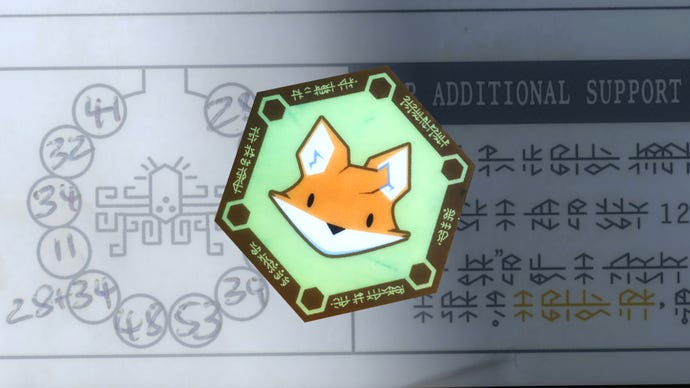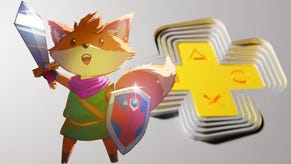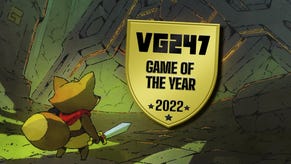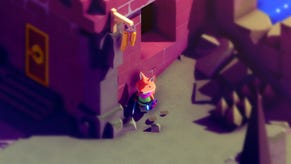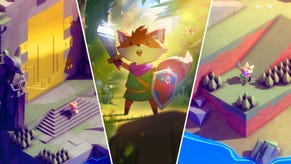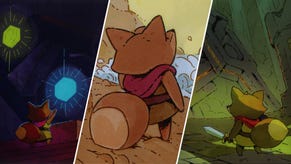Tunic still has secrets left to give up, says creator Andrew Shouldice
One of Tunic’s biggest joys is uncovering secrets – and it seems even the most diligent sleuths have some puzzles left to solve.
The mysterious, often-oblique and always entertaining Tunic was known by a different name during its six year-plus development: Secret Legend. The game’s lead, Andrew Shouldice, has been pretty candid about why; the game is about the appeal of the unknown, about the lure of secrets, about the attraction to things just out of sight.
Modern games use the term ‘secret’ lightly; whether you’re collecting ravens in God of War or hunting down skulls in Halo Infinite, the ‘secrets’ you’re after are usually clearly telegraphed. You’re led to them. It’s good game design, making you think you got there on your own, but you’re very often baited and drawn in by an unseen hand.
-Major spoilers for Tunic ahead-
Tunic isn’t quite like that. Whether you’re sniffing around those golden chimes at the old house – wondering why they pop so much in the middle of the green around it – or making your way to the game’s very last uber-mysterious location, Tunic does secrets differently. And rightly so; it was named for them, at one point.
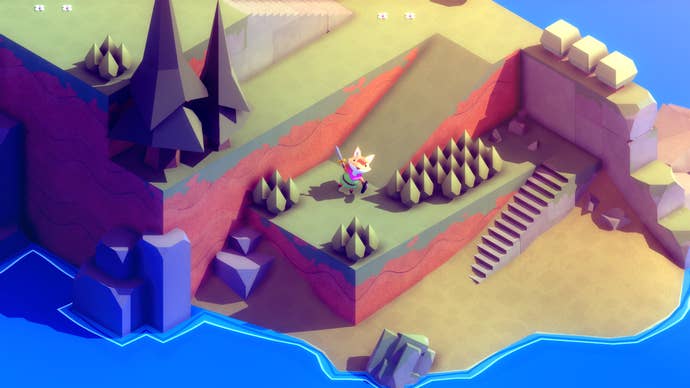
But now – some two months after the game’s release, and in the age of social media, forum posts, and video game guide websites – have all the secrets been uncovered? I asked Shouldice himself.
“It would be a profound disservice to tell someone that they have bled the game of all joy and that everyone can go home, there's no fun to be had,” he said. “People have done a great job finding lots and lots of things, but much like many creative works, there are always going to be things that are just for us. In a sense. Things that have meaning to us, or things that we've secreted away that aren't just embedded in the game code… It’s just a little bit deeper than that.”
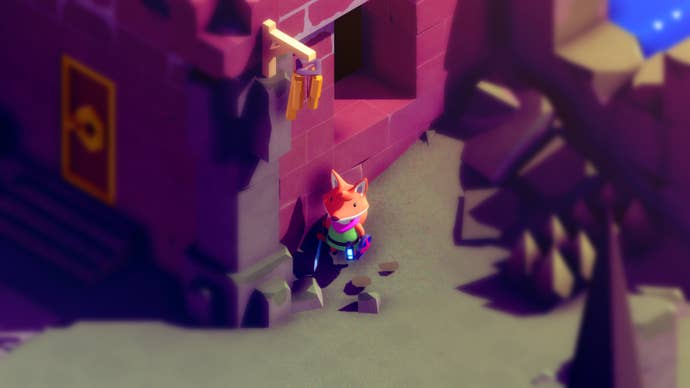
So what should we be looking for? “In my mind, there are different tiers of secret in terms of how delicious they are,” explains Shouldice. “Your basic run of the mill secret is that there's a little treasure hidden around a corner, or when you didn’t know how to open a door, then you do, and there's a price inside. Better than that are the ones where you realise that there's more game here, you know? That there's more than I thought, and it actually presents more question marks – the one question mark of a locked door is replaced by many. Maybe a whole new area to explore, or a whole new direction to go in.
“But the very best type of secret, for me, is realising that there's not just a little bit more tacked on the end, but that everything that you've seen actually has a new dimension to it. Someone was telling me about their experience playing Tunic, and they described it as viewing a square. It feels like they’re playing a square, but then they realise that they’re playing a cube, and it’s got this extra dimension to it where these little collectibles have this fun little nostalgia trip, but – wait, no – there’s important information here. Then you realise, yet again, that there’s even more – and it’s been in front of you the whole time!”
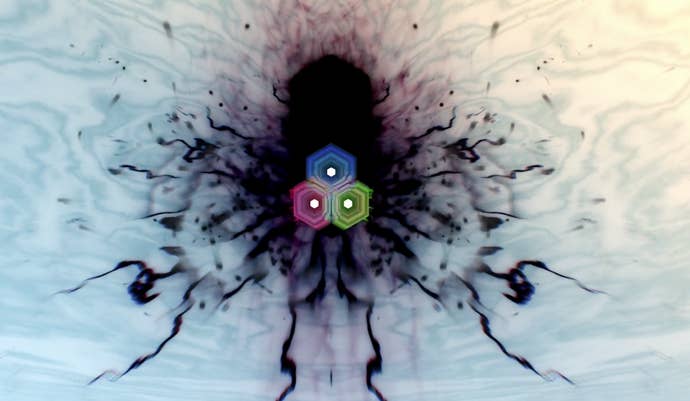
What a lot of people are calling the ‘final puzzle’ in Tunic presents itself after the main portion of the game is wrapped up; by using certain in-game commands and solving incredibly subtle puzzles, you can unlock golden treasures. Unlock enough, and you’ll open a portal to a mysterious new place; a place that peopl are calling the ‘Glyph Tower’. Though there appears to be very little here on first glance, if you uncover some more oblique clues in the in-game manual, you’ll get taken to a specific URL.
Here, you’ll find a video Cthulu-like monster – whose eyes resemble the three keys you need to find in Tunic – and a download to an MP3 file via the website source. As well as an acknowledgement that you’re ‘supposed to be here’ via a ‘thank you for playing’ note, internet sleuths have uncovered mysterious things hidden in the waveforms of the audio file (very on-brand for audio lead Kevin Regamy). Runes in the waveform roughly translate to "we are the eyes of the far shore." So is that the end of the story for Tunic? It doesn’t sound like it.
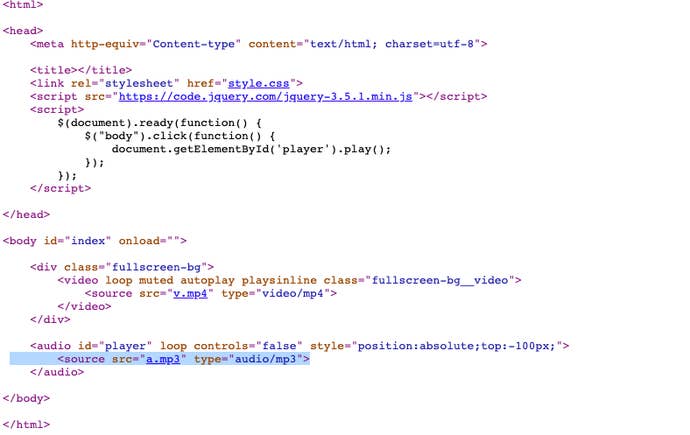
“The Glyph Tower is meant to help people realise that there is yet another dimension to this experience,” Shouldice told me, smiling. “You might call the, the Kevin Dimension, to a certain degree.” The audio lead and Shouldice exchange a smirk on our Zoom call. “But the idea that there's just a little bit more – and it was hidden for you to to experience this whole time – that’s my favourite kind of secret.
“I like the idea of people being able to get to, you know, the ‘end of the game’ and then turn around and be able to see – or hear – the world in a new light.”
It’s almost certain, then, that Tunic has more secrets to give up for us. Forgive me as I boot the game back up, and start recording all the sound effects, music, and audio samples as I try to sniff out more little crumbs of lore. I think it’s what the team wants.
